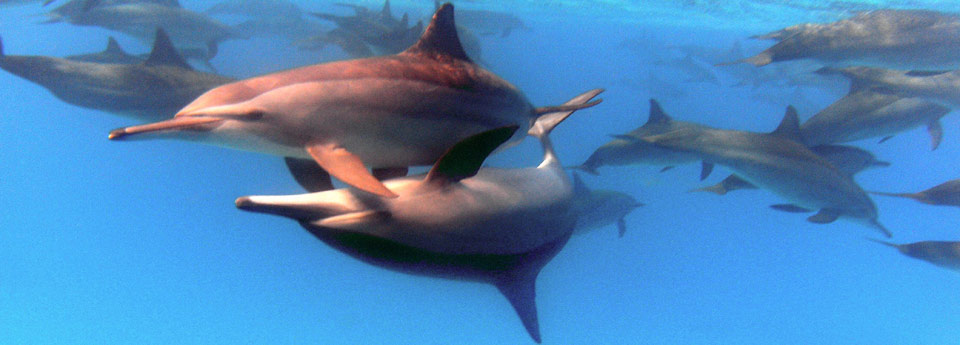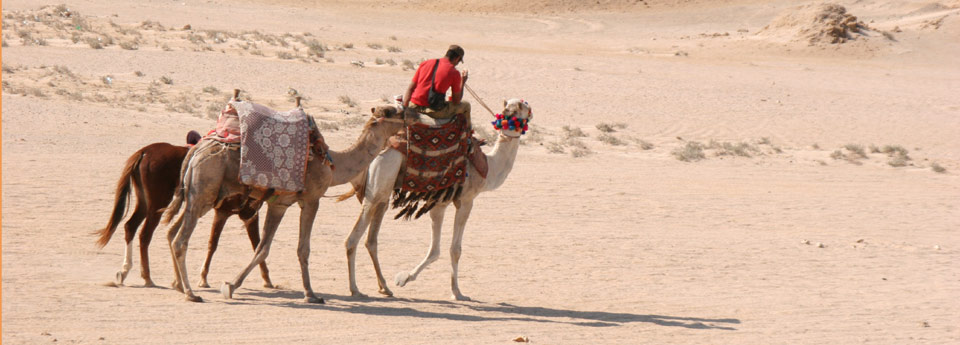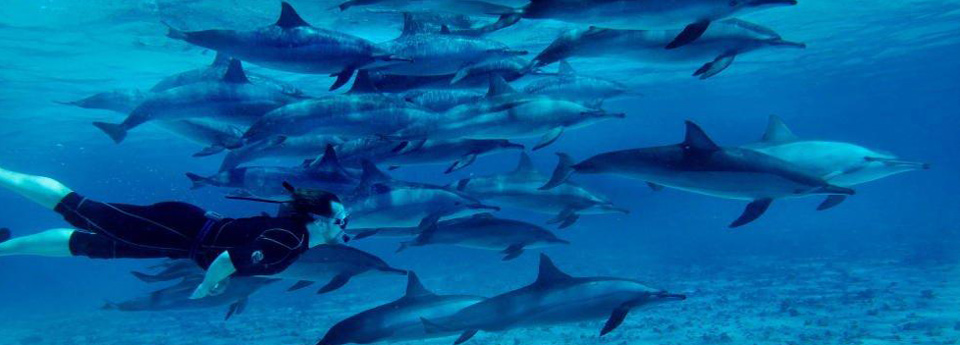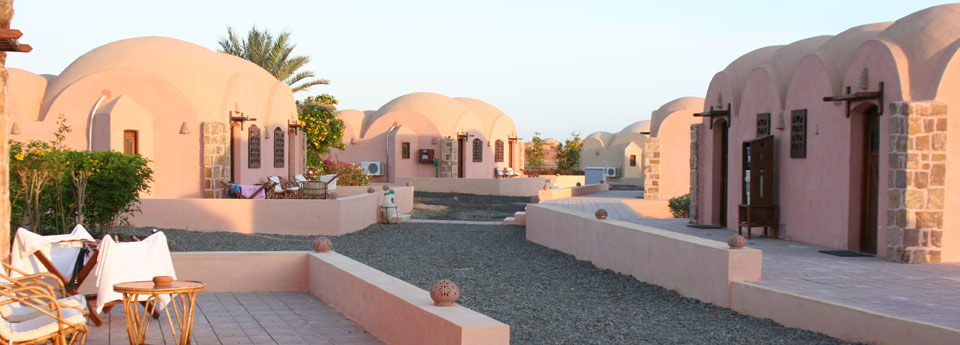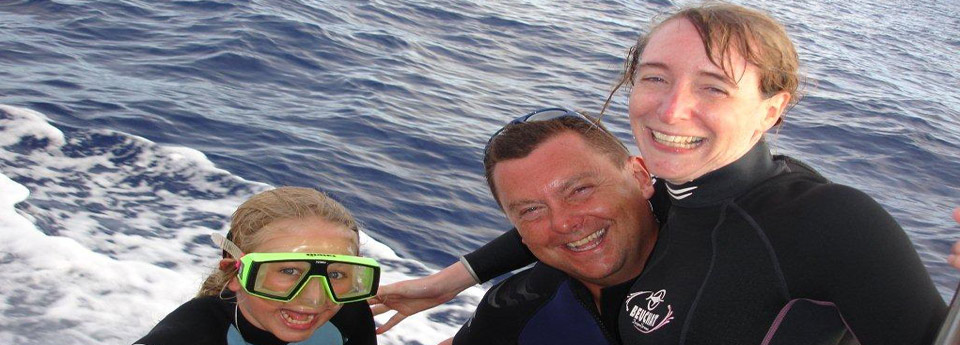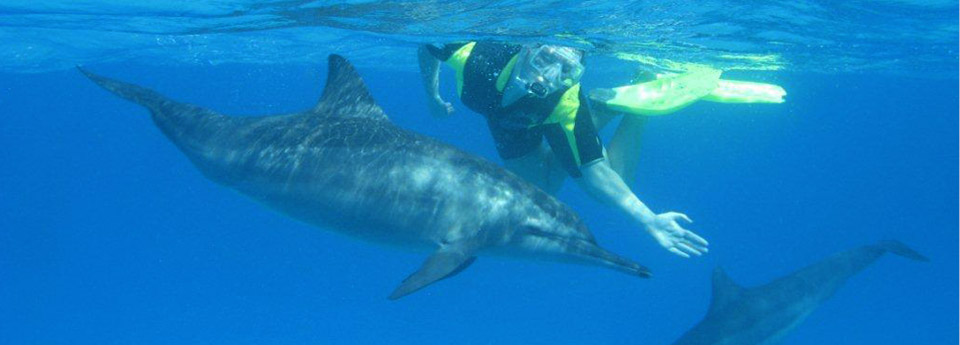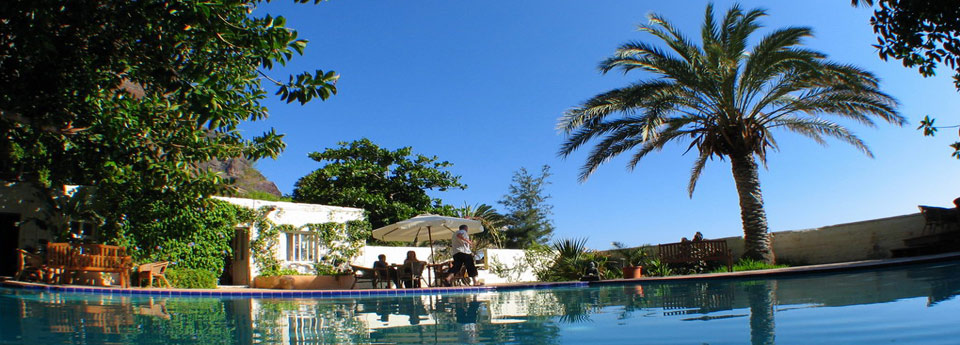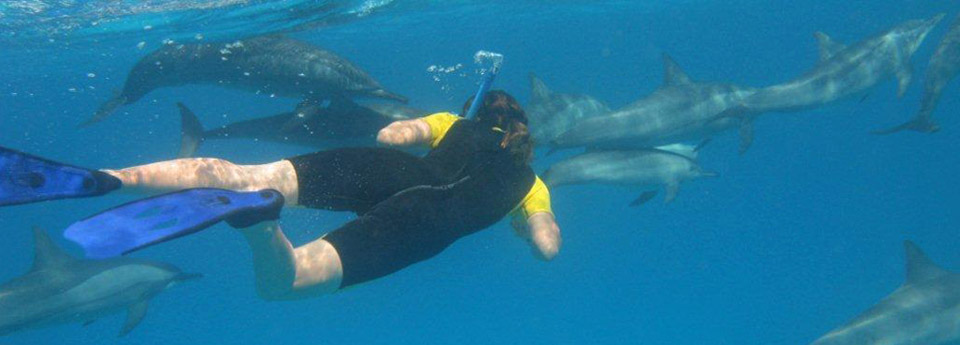01.04.2010 by chagosadmin (ProtectChagos.org)
LONDON — Secretary of State David Miliband today designated the Chagos, a U.K. territory in the middle of the Indian Ocean, as a no-take marine reserve. This declaration will make it the largest marine protected area in the world, totaling more than 210,000 square miles (544,000 square kilometres), an area twice the size of the U.K. The combination of tropical islands, unspoiled coral reefs and adjacent oceanic abyss makes this area comparable in global importance to the Great Barrier Reef or Galapagos Islands.
As a fully protected marine reserve, all extractive activities, such as industrial fishing and deep sea mining, will be prohibited in the Chagos. This decision will safeguard the rich diversity of marine life found in the area.
“We are thrilled by the U.K. government’s decision to declare the Chagos in its entirety as a no-take protected area,” said Alistair Gammell with the Pew Environment Group, a founding member of the Chagos Environment Network (CEN). “The oceans desperately need better protection. In 2010, the International Year of Biodiversity, the U.K. has secured a conservation legacy which is unrivalled in scale and significance, demonstrating to the world that it is a leader in conserving the world’s marine resources for the benefit of future generations.”
The CEN is a collaboration of leading conservation and scientific organisations seeking to protect the rich biodiversity of the Chagos Islands and their surrounding waters. Members include the Chagos Conservation Trust, the Linnean Society of London, the Marine Conservation Society, the Pew Environment Group, the Royal Botanic Gardens, Kew, the Royal Society for the Protection of Birds, the Zoological Society of London, and Professor Charles Sheppard of the University of Warwick.
The decision comes following a four-month public consultation on the future management of the Chagos Islands set out by British Secretary of State David Milliband. More than 275,000 people from over 200 nations and territories, as well as many leading scientific and conservation organisations, sent messages in support of full protection of the Chagos Islands and their surrounding waters.
“Today’s decision by the British Government is inspirational. It will protect a treasure trove of wildlife for posterity and create a safe haven for breeding fish stocks for the benefit of people in the region. Our Trust has worked for the protection of Chagos for some 20 years and we applaud this wonderful U.K. contribution for 2010, the International Year of Biodiversity,” said William Marsden CMG, Chairman of the Chagos Conservation Trust.
“The U.K.’s designation sets a new global benchmark for responsible ocean stewardship,” said Professor Charles Sheppard of Warwick University. “The Chagos Protected Area will provide an important global reference site for a wide range of scientific ecological, oceanographic and climate studies, and will underpin the provision of benefits to humans throughout the Indian Ocean region into the future.”
Scientific research indicates that 90 percent of the ocean’s largest fish have disappeared over the past five decades by commercial fishing, and the hunt for what remains continues unabated. As a result, the world’s oceans are facing a crisis. No-take marine reserves are scientifically proven to be an effective tool to protect and restore marine ecosystems and the species they support.
“Tens of thousands of ray fish and sharks which are listed as threatened or near threatened on the International Union for Conservation of Nature’s Red List are accidentally caught and killed by fisheries in the Chagos every year,” said Dr. Heather Koldewey, Marine and Freshwater Conservation Programme Manager, Zoological Society of London. “The U.K.’s decision to create a Chagos Protected Area will stop this waste and provide a crucial safe haven for species such as tuna, billfish, and sharks to recover from systemic overfishing and for the turtles, corals and other sealife of this fabulous area to thrive.”
The waters around the Chagos are by far the richest marine ecosystem under U.K. jurisdiction. They have the largest and some of the most diverse undisturbed reefs in the Indian Ocean and are home to the world’s biggest living coral structure – the Great Chagos Bank – with over 220 coral species (almost half the recorded species of the entire Indian Ocean) and more than 1,000 species of reef fish.
Prior to the U.K.’s designation today, the world’s largest marine reserve was the 140,000 square mile (362,000 square kilometers) Papah?naumoku?kea Marine National Monument in the waters of the northwestern Hawaiian Islands. The U.K.’s decision today surpassed that size by 70,000 square miles (181,000 square kilometers).
